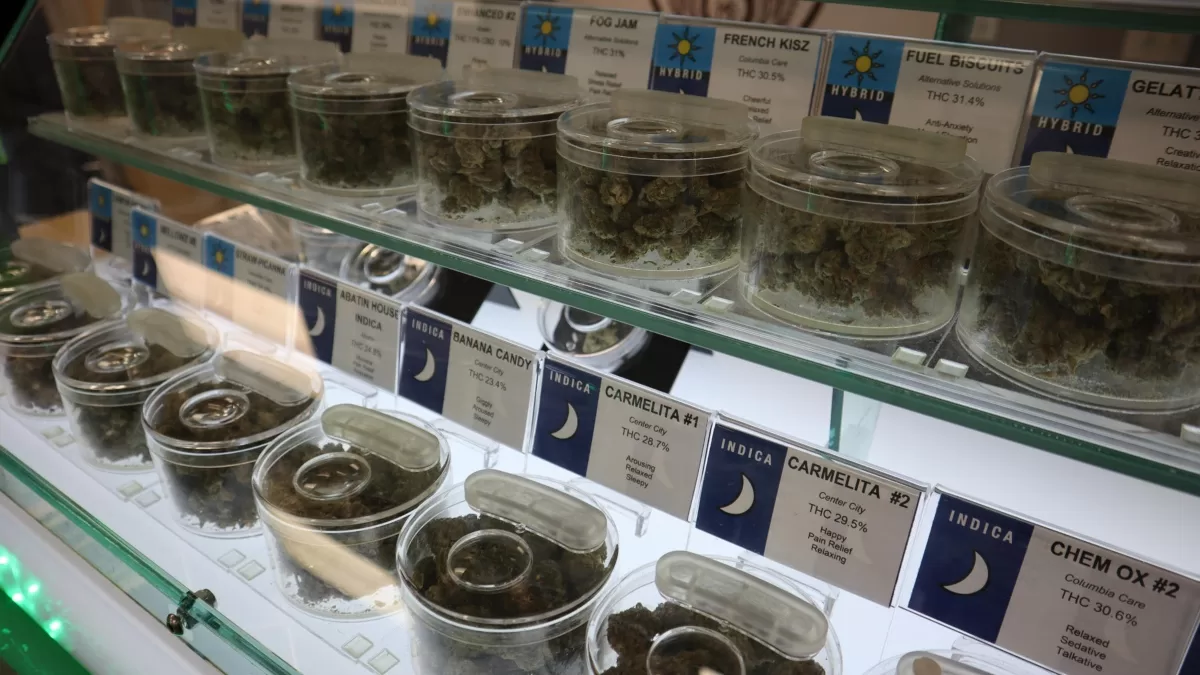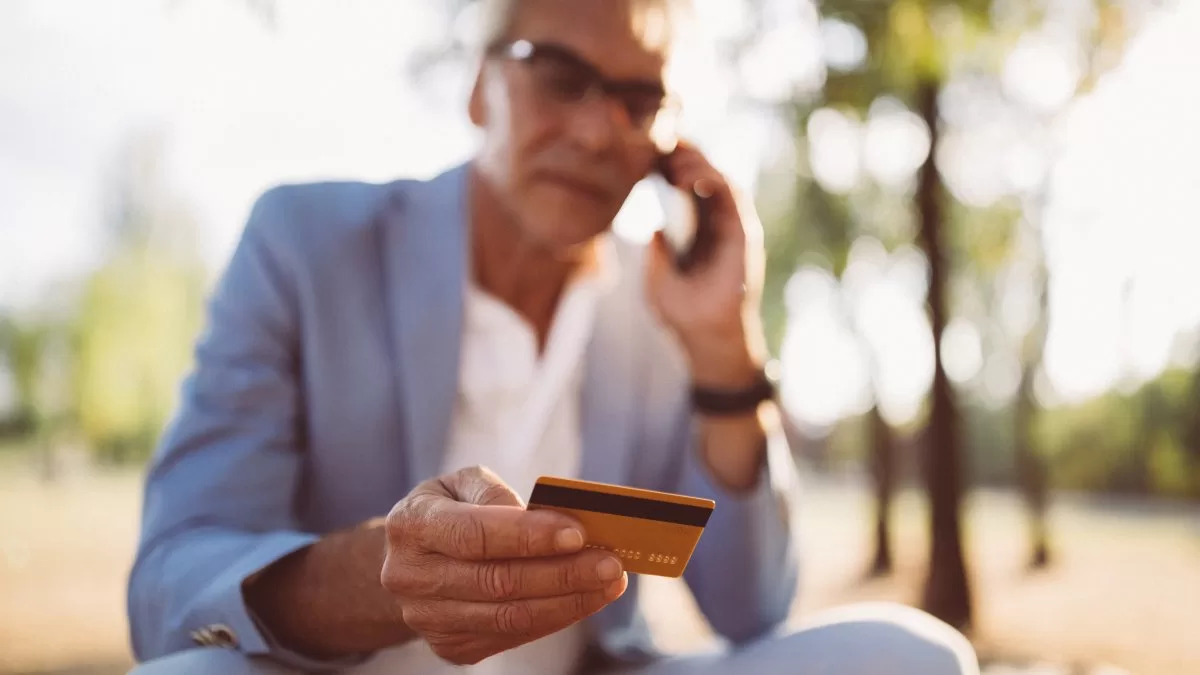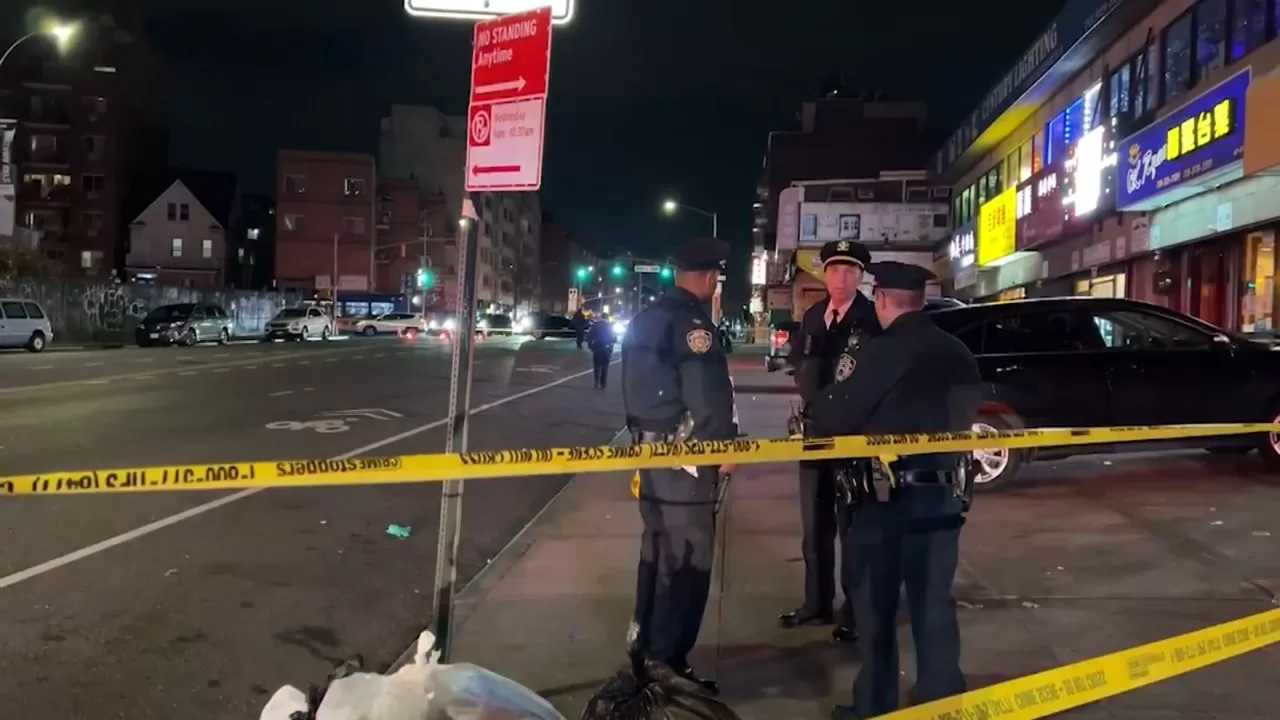WASHINGTON, DC – Amongst colorful smoking pipes, young men with tattooed arms and giant posters depicting marijuana leaves, Willie Marby, 73, regularly picks up his medical cannabis prescription at Takoma Wellness, Washington DC’s largest dispensary
An orthopedist recommended using THC -the main psychoactive component of the cannabis plant- to alleviate the symptoms of arthritis in his right shoulder and now he is part of the demographic group in which marijuana use is growing the most in the US: people older than 65 years.
“Before it was considered a drug and many people were arrested for using marijuana (…) now we are understanding how valuable it is in healing processes,” says Marby.
And it is that cannabis, currently legal in 38 of the 50 US states and the District of Columbia, can be used to treat “every one of the geriatric symptoms,” explains Mikhail Kogan, a doctor and professor specializing in Geriatrics at George University Washington.
Marijuana in its different forms, such as oils, vaporizers or edibles, is “the safest drug” that Kogan prescribes to his older patients to treat problems such as chronic pain, insomnia, anxiety or depression.
“It is much safer than acetaminophen, ibuprofen and other pain relievers. There has not been a single death attributed to cannabis,” the doctor stresses.
Over the past decade, marijuana use among older adults has been “on a steady rise,” according to a study led by New York University physicians published in 2020.
The percentage of people over 65 who reported having recently used cannabis in the US rose from 2.4% in 2015 to 4.2% in 2018. Almost all of those who reported having used marijuana (98%) suffered from chronic diseases, the report details.
Another investigation, from the University of California, shows that a large part of the older population turns to marijuana in search of medical treatment.
61% of the patients surveyed in this study indicated that they had used THC for the first time after the age of 61.
A PERSONAL AND SPIRITUAL PATH
It was precisely this healing aspect that led Rabbi Jeffrey Kahn to found the Takoma Wellness dispensary with his wife Stephanie.
After watching his father, who passed away in 2005, find relief from marijuana symptoms from multiple sclerosis, Kahn decided that promoting and selling medical cannabis was his way of giving back to the community.
Kahn’s son, James, who is also a rabbi, specified in an interview that the business did not arise for profit, but out of purely personal interest, after seeing the benefits that marijuana brought to his grandfather.
“When you see a family member suffer and only find a remedy in the plant, you will fight for it,” says James enthusiastically, while gesturing with his hands.
Approximately one third of the clients of this dispensary are elderly people. The place, located in a house with a dark blue façade, is located in an upper-middle-class neighborhood of the US capital and when one enters its interior they are greeted with paintings of hamsas (a symbol of protection used by Jews and Muslims) and flags. From Israel.
Seeing a rabbi running this business, surrounded by marijuana buds, frees many of the older patients from the stigma and “feeling of shame” they associate with the plant, Kahn says.
“In Genesis, we are told that God gave us everything on the planet for our use,” he points out. “Therefore, (marijuana) is a sacred product and can be used in a sacred way.”
Judaism “indicates that we should not suffer and that any rule can be violated to avoid suffering,” he recalls.
STIGMA AND DECRIMINALIZATION
This negative perception of marijuana became more acute among the now older population during the 1970s, when the US government’s war on drugs was at its height and a law was passed that included it on a list of dangerous substances, along with with heroin and LSD.
At the federal level, cannabis remains illegal, as it has not been removed from that list, but more and more states are legalizing both medicinal and recreational use.
For Marby, who clearly evokes when you had to “hide” to buy marijuana, legalization is closing a cycle.
“For a long time this product failed to reach the people who needed it due to the way the government approached it for many years,” laments this man from the state of Louisiana, in the south of the country.
“It would have made me very angry to die and have someone go up to heaven and tell me that they finally legalized it,” Marby laughs out loud.
Alejandra Arredondo





